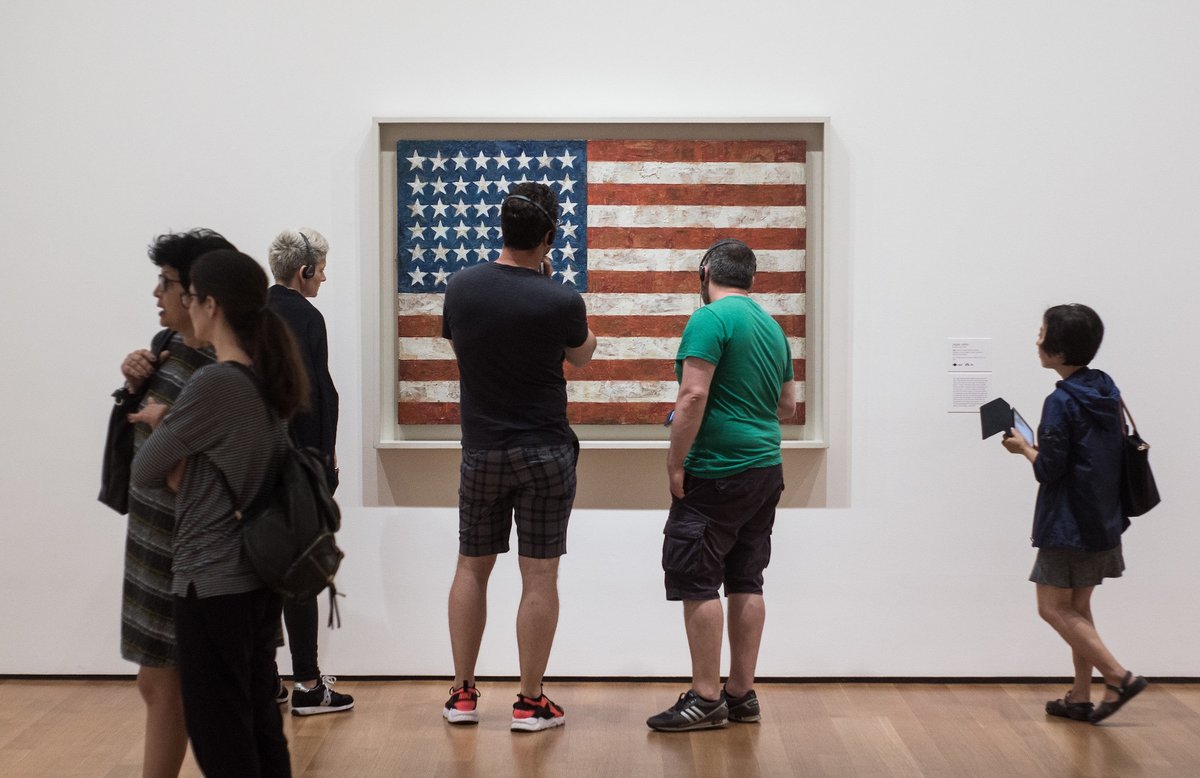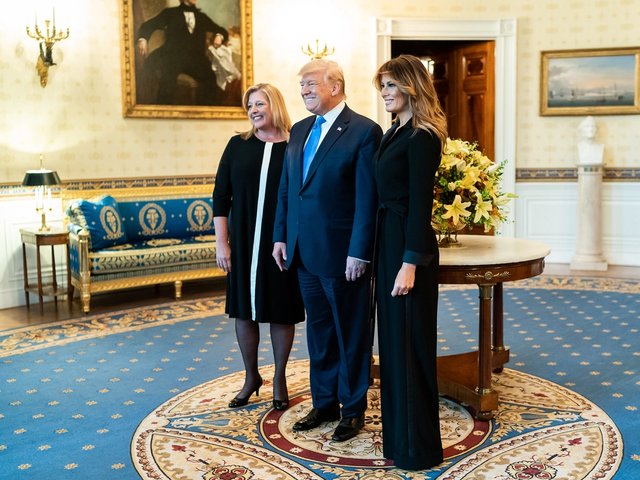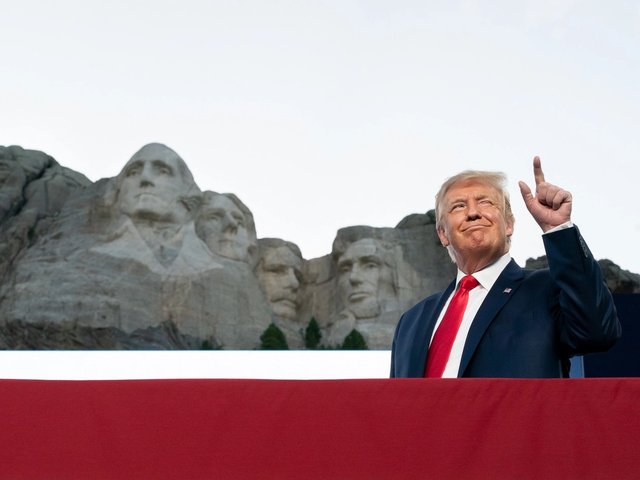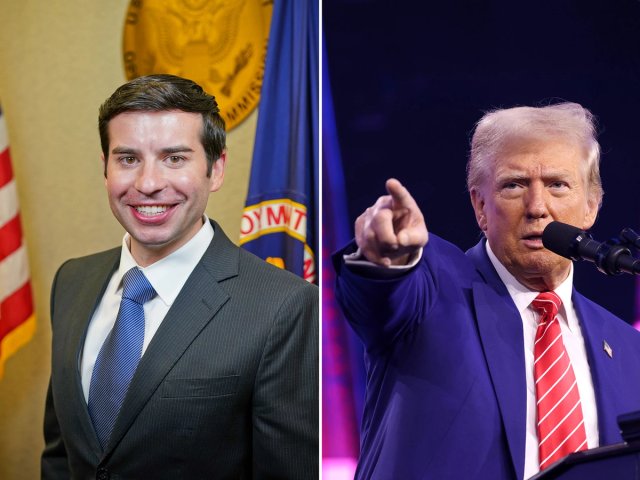Across the US, the arts community is under siege. The president’s proposed 2026 federal budget calls for eliminating the National Endowment for the Arts (NEA), the National Endowment for the Humanities (NEH) and the Institute of Museum and Library Services (IMLS), three cornerstones of cultural support for the arts in the nation. These proposals are not just symbolic cuts; they represent a dismantling of public investment in creativity, access and opportunity.
Arts and culture contribute $1.2 trillion to the US economy, support 5.4 million jobs and account for 4.2% of the gross domestic product—more than agriculture, transportation and outdoor recreation. These aren’t just feel-good programmes, they’re an economic engine that strengthens every sector.
The Trump administration has claimed it wants to ensure all Americans have access to the arts. Yet it has targeted the very agencies that make that access possible—especially in critical, vulnerable and hard-to-reach communities throughout the country. Over 60% of NEA grants support smaller arts organisations that serve audiences who would otherwise have limited access to arts programming and services.
Cascading effects
When federal support falters, the effects cascade, placing greater strain on already-limited state and local resources. In April, the NEH abruptly cancelled more than 1,200 grants, stripping humanities councils in all US states and territories of vital operating funds. These councils, which receive nearly 40% of the NEH’s programme budget, lost their primary support overnight—putting statewide cultural initiatives at risk and jeopardising access for millions of Americans. Additionally, the administration has sought to eliminate IMLS, cutting off grants that support early childhood education, programming for people with disabilities and rural broadband access—critical on-the-ground services in many communities.
While the administration overlooks how the arts sustain communities, the evidence is clear. Every US congressional district benefits from federal arts and culture funding, from healing programmes for military families to arts education and free public performances. These investments strengthen communities, and it’s our representatives’ duty to protect them.
These cuts weaken our communities and, collectively, our nation
At Americans for the Arts, we’re standing with people who care. As proposed cuts continue, we’re focused on reaching out directly to members of congress, showing them how these proposed reductions would harm their constituents. These cuts affect real people, real jobs and real programmes. Without them we weaken our communities and, collectively, our nation.
The arts and agencies like the NEA, NEH and IMLS matter. That’s why we’re calling for full restoration of arts and humanities funding. According to the NEA, public investment in the arts is a proven bipartisan strategy. The NEA funds projects reaching 779 more counties across the country than the top 1,000 private foundations, often reaching small and rural counties where big philanthropy is absent. While private philanthropy is critical, only sustained public funding provides the scale and broad impact that we need.
Stifling creative expression
These agencies and, through them, the broader arts sector have suffered undeniable and tangible harm. Ongoing attacks on our cultural institutions threaten a fundamental right: the right to creative expression. Rebuilding will take time, strong leadership and sustained commitment. What’s been lost isn’t just funding, but also capacity, institutional memory and community trust. Every delay in finding a solution deepens the divide in cultural access. If we are to build a thriving, inclusive arts landscape, the fight for public funding must continue.
Arts and culture fuel healing, education, jobs and connection, but sweeping federal cuts now threaten this work. Many members of congress understand what’s at stake, and they’re listening, especially when we show how these cuts hurt real people in their own districts.
Get personal
Now’s the time to act. Invite your representatives to an arts event in your community. Call their offices, locally or in Washington, DC, and request a virtual or in-person meeting to share what the arts mean where you live.
These personal stories are powerful. This is our moment to remind leaders through our voices and our stories that the arts matter deeply to the people they serve.
In June, Americans for the Arts convened in Cincinnati with more than 1,000 arts advocates from across the country. Despite daunting headlines, our work as artists, advocates and audiences has never mattered more. One word echoed throughout the conference: hope. Join us and help move this work forward.
- Erin Harkey is the chief executive of Americans for the Arts






